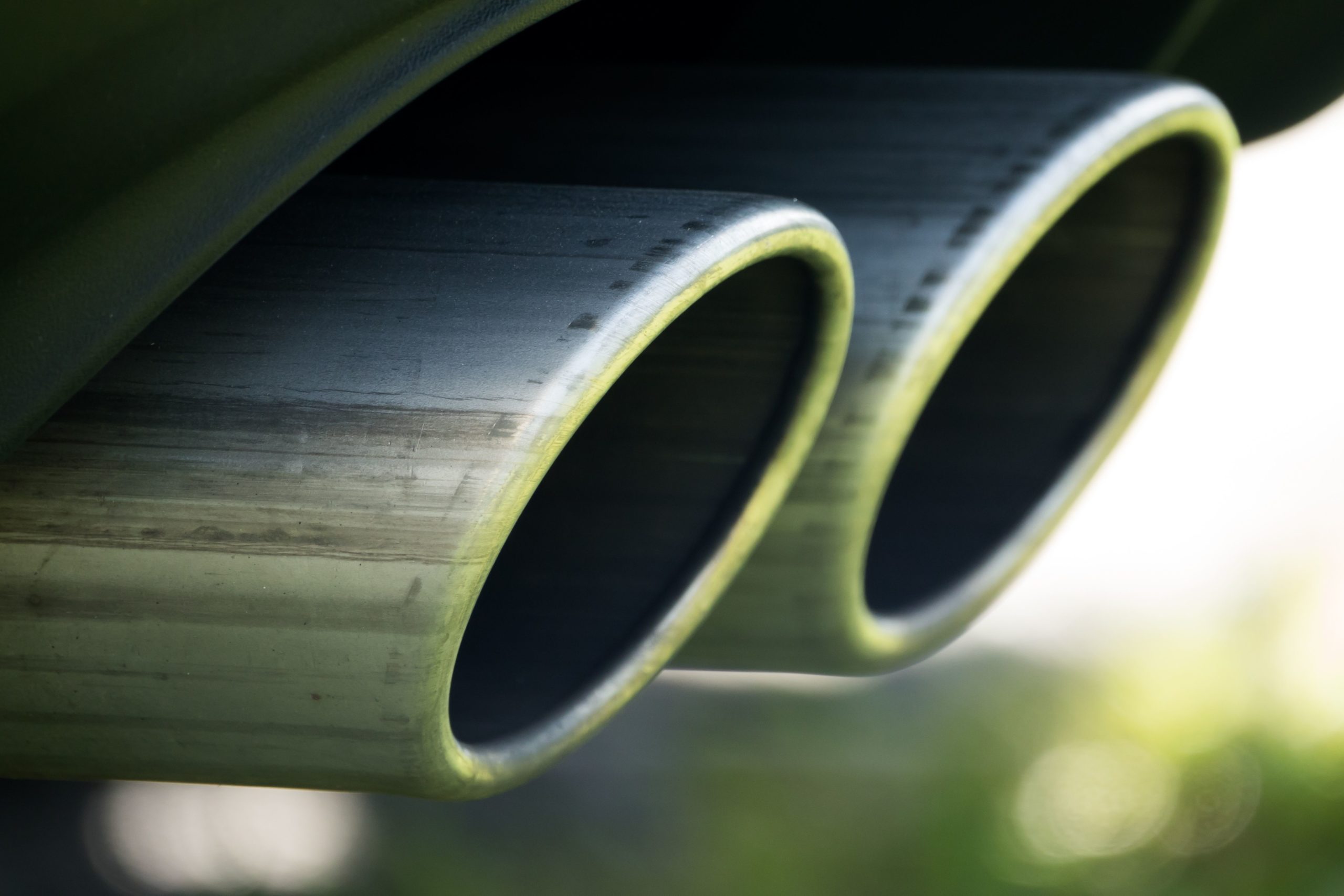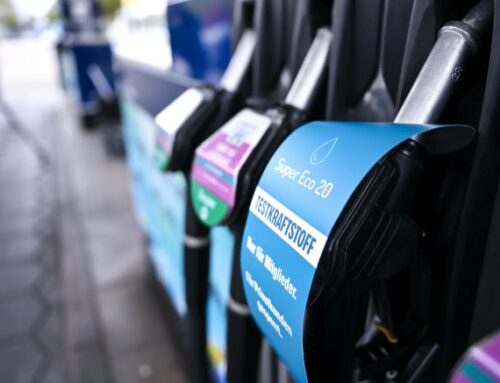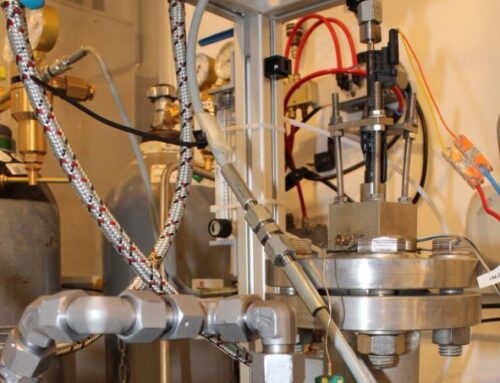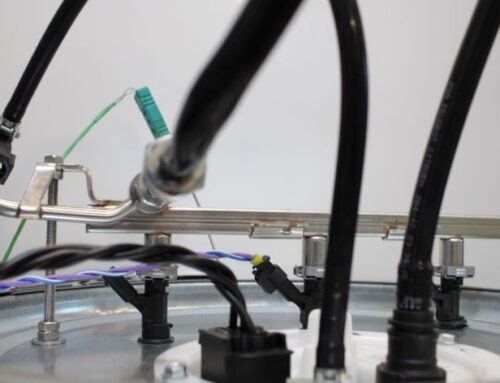Securing climate protection through recognition of greenhouse gas neutral fuels
10 June 2021 – In a joint letter at the end of May, on the initiative of the eFuel Alliance e.V., 223 associations, companies and scientists addressed the EU Commission with a request to supplement the CO2 fleet regulation for new vehicles with a voluntary crediting system for sustainable greenhouse gas neutral fuels. Tec4Fuels co-signed this letter.
Achieving climate neutrality by 2050 at the latest is one of the most important issues on the agenda of the German government and the EU. Various regulatory measures are intended to help reduce the use of petroleum-based fuels and replace them with greenhouse gas-neutral alternatives. From the perspective of the signatories of the letter to the EU Commission, the EU’s CO2 fleet regulation is one of the most effective instruments, according to which the new vehicles of all cars sold in Europe by a vehicle manufacturer must not exceed a defined limit value on average. CO2 emissions are measured at the tailpipe. Since battery-powered electric vehicles do not emit any exhaust gases during vehicle operation, they are calculated to emit 0 g of CO2 per km, even though 62% of the electricity they run on is still generated from fossil fuels such as coal and gas on average in the EU. At the same time, fleet regulation does not allow climate-friendly and climate-neutral fuels to be counted. As a result, a vehicle with an internal combustion engine is always included in the calculation with fossil fuels, even if there are climate-neutral ones in the tank. This assessment basis does not capture the actual emissions of climate gases and is also questionable because it puts greenhouse gas-neutral fuels at a disadvantage.
Therefore, vehicles that demonstrably reduce their greenhouse gas emissions with biogenic and synthetic fuels should be recognized in the CO2 fleet regulation as “greenhouse gas neutral” in the same way as electric vehicles. A suitable system for crediting renewable fuels has been developed by the consulting firm Frontier Economics on behalf of the German Federal Ministry of Economics and Energy. It has the advantages that participation in this system is voluntary for manufacturers and that only additional quantities of renewable fuels count. In addition, it offers incentives for investments in the production of greenhouse gas-neutral fuels and the existing limitation and sustainability criteria of fuels from cultivated biomass must still be complied with. Last but not least, the crediting of GHG-reduced fuels could be an additional safeguard for the automotive industry and for climate protection if obstacles should arise in the market ramp-up of electromobility.
The development of large-scale industrial production of climate-neutral fuels, is said to be an important building block alongside electromobility for ending the use of fossil fuels. The potential for their production from renewable energies is so great worldwide that the associated efficiency losses no longer matter.





